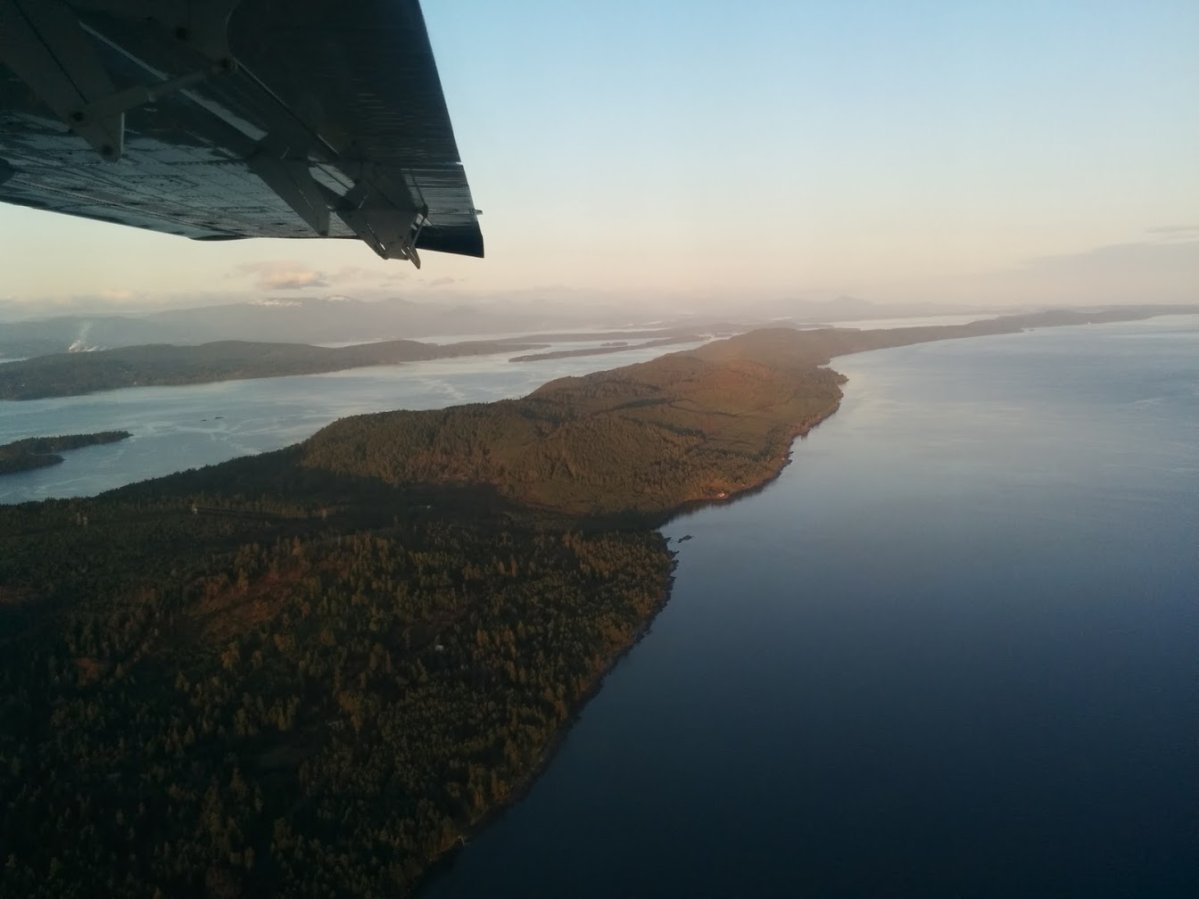The operators of two U.S. boats have been slapped with fines for breaking the Quarantine Act amid the COVID-19 pandemic.

The act requires people entering the country to quarantine for 14 days, and bans all non-essential entry into Canada, including Canadian waters.
The B.C. RCMP says one incident happened on July 10, and resulted in a $1,000 fine.
“It was clear the persons on this vessel had misstated their intention to travel to Alaska and had entered Canada for the purposes of tourism,” said the RCMP in a media release.
“Boaters are not allowed within Canadian territorial or boundary waters for discretionary, leisure (non-essential) reasons, including touring, sightseeing and pleasure fishing.”

The other incident happened on July 17 and involved a whale watching vessel. The RCMP says the operator was fined for the same offence as the other boat, and was returned to U.S. waters with his passengers.
Mounties are warning U.S. boaters that breaking quarantine could come with hefty penalties, including the seizure of their vessels, criminal charges and future exclusion from Canadian waters or other border restrictions.
B.C. Premier John Horgan has previously raised concerns about Americans using the “Alaska loophole” to enter British Columbia.
Travellers destined for Alaska are allowed entry to Canada but must head directly to their destination.
However, provincial health officer Dr. Bonnie Henry has strongly cautioned people not to judge people driving vehicles with U.S. licence plates.
Vehicles with U.S. licence plates may belong to residents of Canada, to people performing essential work or to people with Canadian family members.
- ‘Super lice’ are becoming more resistant to chemical shampoos. What to use instead
- Solar eclipse eye damage: More than 160 cases reported in Ontario, Quebec
- 3 women diagnosed with HIV after ‘vampire facials’ at unlicensed U.S. spa
- Canadian man dies during Texas Ironman event. His widow wants answers as to why





Comments